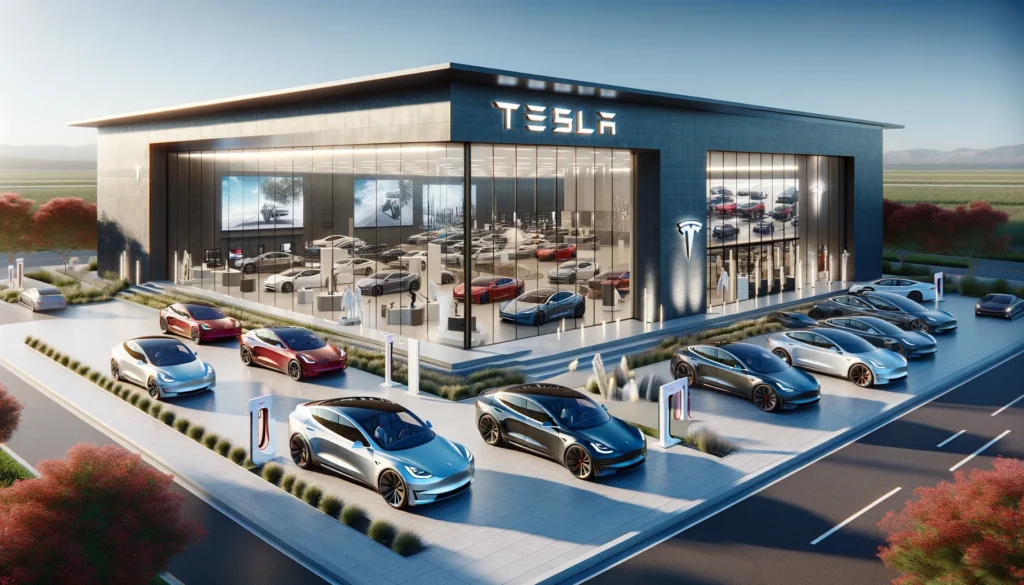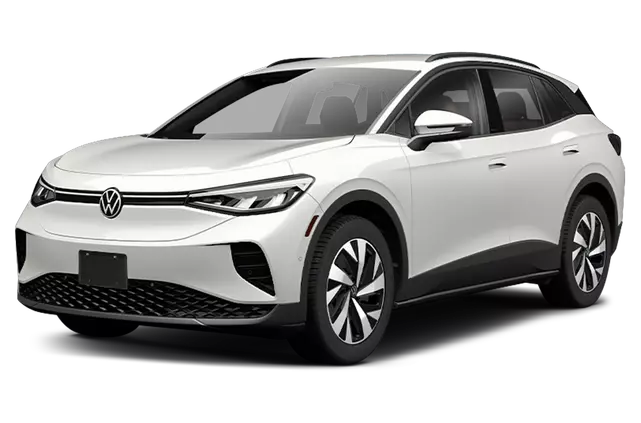In a groundbreaking development for the electric vehicle (EV) market, Tesla is reportedly gearing up to manufacture a more affordable EV priced at around 25,000 euros (approximately $26,838 at current exchange rates) at its factory near Berlin. This move aligns with Tesla’s long-term vision of massively adopting its electric cars and expanding its market reach. While an official statement from Tesla is yet to confirm these reports, an anonymous source with knowledge of the matter shared this information with Reuters.
The announcement comes from CEO Elon Musk’s recent visit to the Berlin factory, where he revealed plans for a lower-priced EV. The factory, currently responsible for producing the popular Model Y, holds a significant position as Europe’s leading EV in terms of sales.
However, Tesla’s pivot towards a more affordable electric vehicle directly competes with Europe’s largest automaker, Volkswagen. The German automotive giant is actively working on developing a similarly priced EV, with its ID.2 concept serving as a preview. Additionally, Volkswagen has showcased the ID.Life concept, targeting a base price of 20,000 euros (approximately $24,000 at the time of its unveiling in 2021). This suggests fierce competition in the burgeoning market for budget-friendly electric cars.
Despite the absence of a specific timeline for the commencement of production, the news has already impacted Tesla’s stock positively, with a 3% surge in pre-market trading in the United States.
The high cost of electric vehicles, exacerbated by elevated interest rates, remains a significant impediment to widespread EV adoption in both Europe and the United States. Consumer surveys consistently highlight the steep price tag as a key factor hindering the transition to electric vehicles. According to data from JATO Dynamics, the average retail price of an EV in Europe during the first half of 2023 exceeded 65,000 euros, a stark contrast to China’s figure of just over 31,000 euros.
Elon Musk has long intended to produce a more affordable electric car. In 2022, he admitted that the technology required for such a vehicle had not been mastered yet, leading to the temporary shelving of the plan. However, sources revealed in September that Tesla was on the verge of a breakthrough – an innovation allowing the company to die-cast nearly the entire underbody of the EV in one piece. This advancement can significantly expedite production processes and lower manufacturing costs.
The ability to offer a more affordable electric car is a strategic move for Tesla, aligning with its goal of increasing vehicle deliveries to an ambitious 20 million by 2030. This vision sets Tesla apart from competitors like Volkswagen, which has focused its strategy on protecting profit margins during the transition to electric vehicles rather than setting explicit delivery targets.
While specific details about the new Tesla EV, including features, specifications, and design, remain scarce, the prospect of a budget-friendly electric car from a market leader like Tesla has captured the attention of industry observers and consumers alike. The success of this endeavor could potentially reshape the landscape of the electric vehicle market, making environmentally friendly transportation more accessible to a broader audience.
As Tesla aims to democratize electric mobility, challenges and opportunities emerge. The company’s ability to overcome technological barriers, streamline production, and compete effectively in the lower-priced segment will be closely watched. The implications of this move extend beyond Tesla’s individual success, influencing the trajectory of the entire electric vehicle market and the broader automotive industry.


